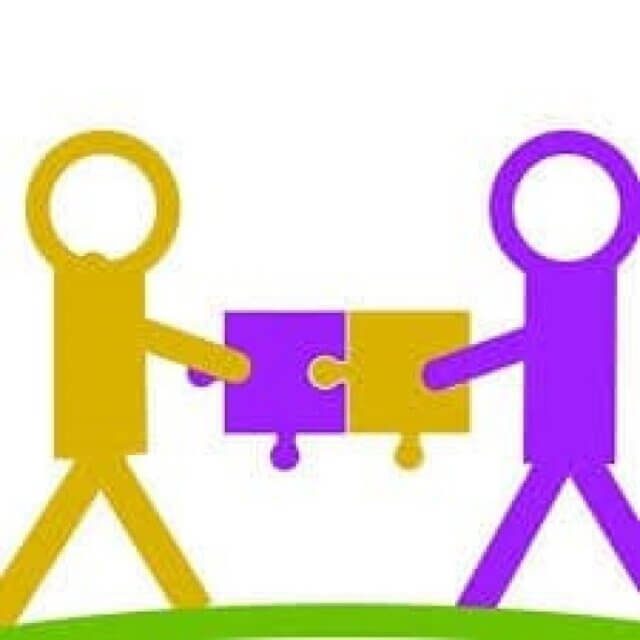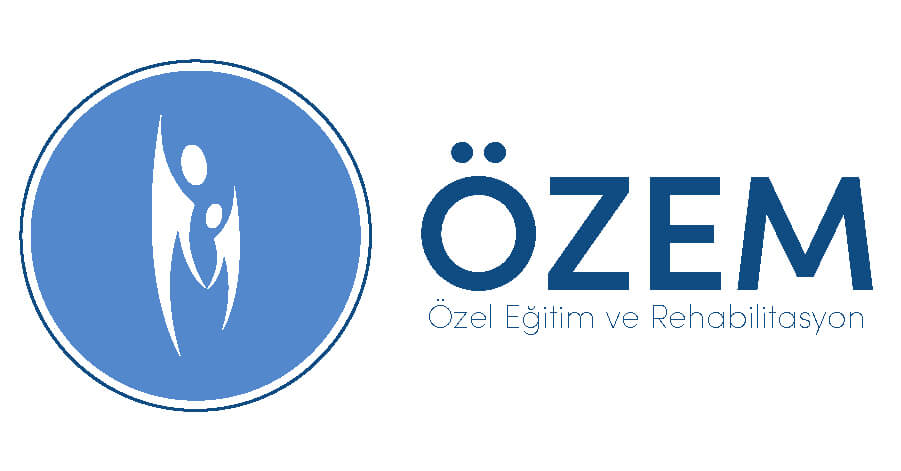NORMAL PERFORMANCE OF DISABLED CHILDREN

HOW TO SUPPORT YOUR SISTER?
Key points
- Talking together to siblings of disabled children, You can support by spending time and solving problems.
- When children understand their sibling's disability, this can help them connect and improve their relationships.
- Sports activities of siblings of disabled children, extracurricular activities, You can help them connect with people outside the family through time with friends and support groups.
- It is important to spend individual time with all your children.
In this text:
- Siblings of disabled children: feelings
- Talking about feelings with siblings of children with disabilities
- Solving problems with siblings of disabled children
- Spending time with siblings of disabled children
- Helping siblings connect with children with disabilities
- Helping siblings understand disability
- Finding support for siblings of children with disabilities
Siblings of disabled children: feelings
children's I have many emotions about having a disabled sibling. It is natural for them to have.
sometimes kids, For example, they may feel happy and proud when their disabled brother or sister starts talking. Other times children are sad, ashamed, angry, may feel hurt or confused – for example, If their disabled brother or sister buys a toy, can't play games that other siblings can play, or takes up too much family time and prevents them from doing what they want to do.
Most important, Your other children are your disabled child They need to feel that they are important. They need to feel that you care about them and what they are going through.. You can help them feel this way:
- Talking to them about their feelings
- Solving problems together
- spending time together
- Helping them connect with their disabled siblings
- Helping them understand their sibling's disability
- finding the right support for them.
Talking about feelings with siblings of children with disabilities
Here's how you can convey the message that it's okay for your child to have many and varied feelings about their disabled sibling and their situation::
- Encouraging them to share their feelings – for example, 'How did you feel when your friends were here and Shafali hit her head??’
- Listening without judgment or blame – e.g., 'You look really embarrassed and don't know what to do’
- Talking about your own feelings about your child's disability - for example, ‘Sam, 'I'm happy when you help your brother put on his hat'.
Talking to your child about their feelings and your own sets a good example. It lets your child know that they don't have to cope on their own and that it's OK to ask for help..
Your child sometimes suffers from other people's siblings' disabilities. hurt by his reactions, may feel sad or embarrassed. It may help if your child has a few things to say in this situation.. For example, 'Chrissy's brain works differently than yours and mine'. To your child, You can also inform him that he does not have to answer questions about his siblings if he does not want to..
Solving problems with siblings of disabled children
joint problem solving, is a good way to work through your child's difficult experiences and emotions.
It is important to start by recognizing your child's emotions.. For example, ‘Megan, Apparently you're angry that Miles didn't turn off his favorite show on TV.. 'It's okay to feel angry'.
Pause for a moment to give your child time to calm down. Then you can work on the problem together. Depending on how old your child is, understand your feelings, kids calming steps for may need more or less help to think things through and find solutions.
Older children and teenagers are likely to be independent they can solve problems, however While taking calming steps for young people they may still need your help .
There may be some problems that are too big for your child to solve even with your help.. For example, Your child may be afraid of their sibling's challenging behavior. In this situation, Seeking help from professionals working with your disabled child it might be a good idea.
Spending time with siblings of disabled children
If your disabled child needs extra care and services, your family in your family routines You may need to spend time on these. Sometimes this, may interfere with the activities your other children can do or make it difficult for you to spend quality time with them.
However It's important to spend quality time with all your children. Sends the message that they are important to you. It also gives you a chance to listen and understand what's going on for them.
When things are busy in your family, quality time anytime and anywhere, it can help to remember that you can be in the midst of ordinary days and situations. It can be a shared laugh while bathing your toddler or a nice conversation with your young child in the car.. Everything, it's about giving your full attention to your child in these everyday moments.
Planning one-on-one time with all your children it's also a good idea. You can have your child choose some activities that you can do together.. For example, ‘Clancy, I'm dying to spend time with you after school today. I thought we could do some drawing. Or is there something you really want to do??’
It is a normal part of family life for all children to help their siblings.. your child, encourage them to help care for siblings with disabilities, may feel helpful and reliable. However, your child its care responsibilities It is important to pay attention. It's also important to get everyone in your family to help out with family chores..
Helping siblings connect with children with disabilities
children, siblings with disabilities have communication difficulties or compulsive behaviors, sometimes they have trouble connecting. And if children are having trouble understanding each other, it can affect their relationships.
By explaining to your child how siblings with disabilities behave or communicate you can help. For example, 'Ari doesn't use words. She uses her hands to show us how she feels. When he claps like that, it means he's happy or wants more.".
Game , can be a great way to help your kids connect. game to communicate to them, developing common interests, gives you a chance to work on problems and just have fun. Moreover, gives a chance to state positive things about how they play, this can help them feel good about themselves and their relationships. For example, ‘Zac ve Malik, you both are smiling. It seems like playing together makes you both happy'.
Helping siblings understand disability
Children's understanding of disability, vary according to their age and developmental stage.
Your child's 'Did I cause this??’, ‘Will it pass??’ You may notice that you are asking questions like. Or 'Will I catch?’ Your child's questions in a language they can understand answer as honestly as possible is the best. For example, 'Asha has cerebral palsy. This is for Asha, means the muscles in your legs are not working properly. He currently needs to use a wheelchair but is receiving physiotherapy to help his legs work better.'.
Encouraging your child to participate in their sibling's therapy activities can sometimes help them understand their sibling's disability.. And being part of a disability organization, can help older children learn more about their sibling's disability.
Finding support for siblings of children with disabilities
feeling connected to other people, can help all children feel a sense of belonging and value. This, They can achieve this by playing and socializing with friends, some of whom may have disabled siblings.. your child's sports, You can also help him connect with people outside your family through extracurricular activities or religious and community organizations..
Peer support groups for siblings of children with disabilities, for your child to make friends, can help him gain new ideas for dealing with difficult situations with his siblings and feel good about himself and his feelings. These groups are often associated with disability services or associations., works through local councils or youth carer support services. Australian Siblings’ and you can learn more.
Siblings of disabled children, they often experience ups and downs that affect how they feel and behave. But sometimes kids don't 'bounce back' from landings’ and it starts to affect other parts of their lives. This, may be a sign that children have mental health problems. If you notice that your child is as follows get professional support it's a good idea:
- sleeping more or less than usual
- Eating more or less than usual
- become more angry
- show less interest in things they used to enjoy
- Avoidance or aggression towards siblings with disabilities
- Having trouble with school
- Not wanting to spend time with friends
- Also pretending to be disabled
- Trying hard to do well or please others.
Your doctor or professionals who support you and your family can give you some advice.. Or From Özem Special Education Center You can talk to a specialist psychologist or counsellor..
Myself

